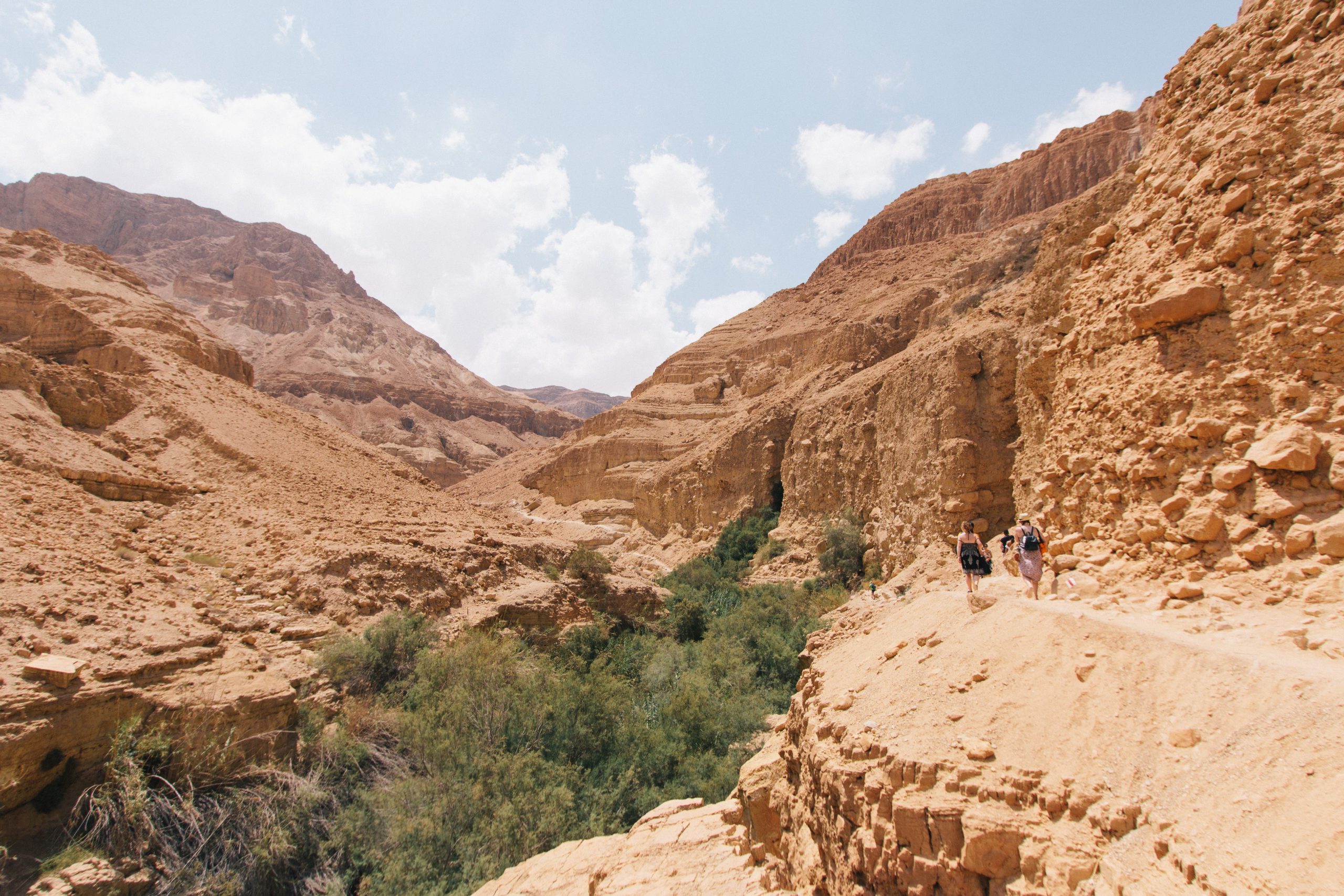

Uzziah was a great king in many respects, though all many people know of him is that he died, his name being familiar to many chiefly from the opening words of Isaiah’s vision in Is.6 – “In the year that king Uzziah died, I saw the LORD …”. The name Uzziah means “The LORD my strength”, which is very appropriate because three times we are told he was strong or powerful (vv.8,15,16), and three times too we are told that the source of his strength was the LORD, but like his father (Amaziah) and grandfather (Joash, who we looked at in the last study), Uzziah blew it towards the end of his life – they are like a three point sermon on the danger of starting well and finishing badly, a warning we should heed.
“As long as he sought the LORD, God gave him success” (v.5), there, simply put, is the secret of his success. The language of “seeking the LORD” has come up in previous studies: it implies looking to God in dependence and committing oneself to please Him through obedience – “he did what was right in the eyes of the LORD” (v.4). It is personal commitment, but as we saw with Joash, it tends to need the encouragement of others. For Uzziah that encouragement came from Zechariah – whom we know nothing else about (there are nearly 30 Zechariah’s in the Bible!), but he clearly acted as a mentor to Uzziah and “instructed him in the fear of the LORD”. He’s a reminder of the importance of Christian peers who will encourage us and can say tough things to us. It was when Zechariah was no longer around that Uzziah went off the boil.
Mostly, in these opening verses we are being given a picture of the blessings God poured out on His people as the king sought the LORD. There’s economic prosperity, implied not least by the reference to Elath in v.2 – a sea port, modern day Eilat, pointing to the opening up of opportunities for trade. There’s military success over the Philistines and Ammonites (vv.6-8). There are great building projects – repairing and fortifying the walls broken down in his father’s reign (see 25:23), digging cisterns, planting vineyards. The armed forces were reorganised and re-equipped with state of the art military hardware (v.15). He is prepared for war, but he seems a man of peace (“he loved the soil” – that makes me warm to him!), whose breadth of interest and skill is reminiscent of Solomon himself. When he sought the LORD, what a blessing he was to his people.
The main lesson of Uzziah’s life is made crystal clear – “his pride led to his downfall” (v.16). It was a pride fostered by success – success which should have been cause for humble gratitude and ongoing dependence, but instead caused him to become puffed up and complacent. He would at this time probably been in his mid 50s. There is a kind of pride that comes with youth – youthful arrogance, pride that wants to kick against the rules; but Uzziah reminds us that there is a kind of pride that comes with age, that makes us think the rules no longer apply. He was “unfaithful to the LORD his God”, even as he supposed he was being worshipful, but in burning incense at the altar he was presuming to do something reserved for priests alone and that Scripture warns sternly against (see the example of Aaron’s sons in Leviticus 10). Bravely Azariah confronted him and gave him opportunity to reconsider, but he is stirred into a rage by their insolence and his rage is then trumped by God’s wrath (v.19b). The leprosy (or skin complaint of whatever kind) was a sign of God’s judgement (cf Miriam in Numbers 12). It excluded him from the temple, from his people and from office. For all the glories of his reign, in these final verses his leprosy is mentioned time and time again as though finally this is what he’s remembered for – he is even buried apart. Christ, in contrast, was supremely humble, but he died the death of the unclean for our pride.